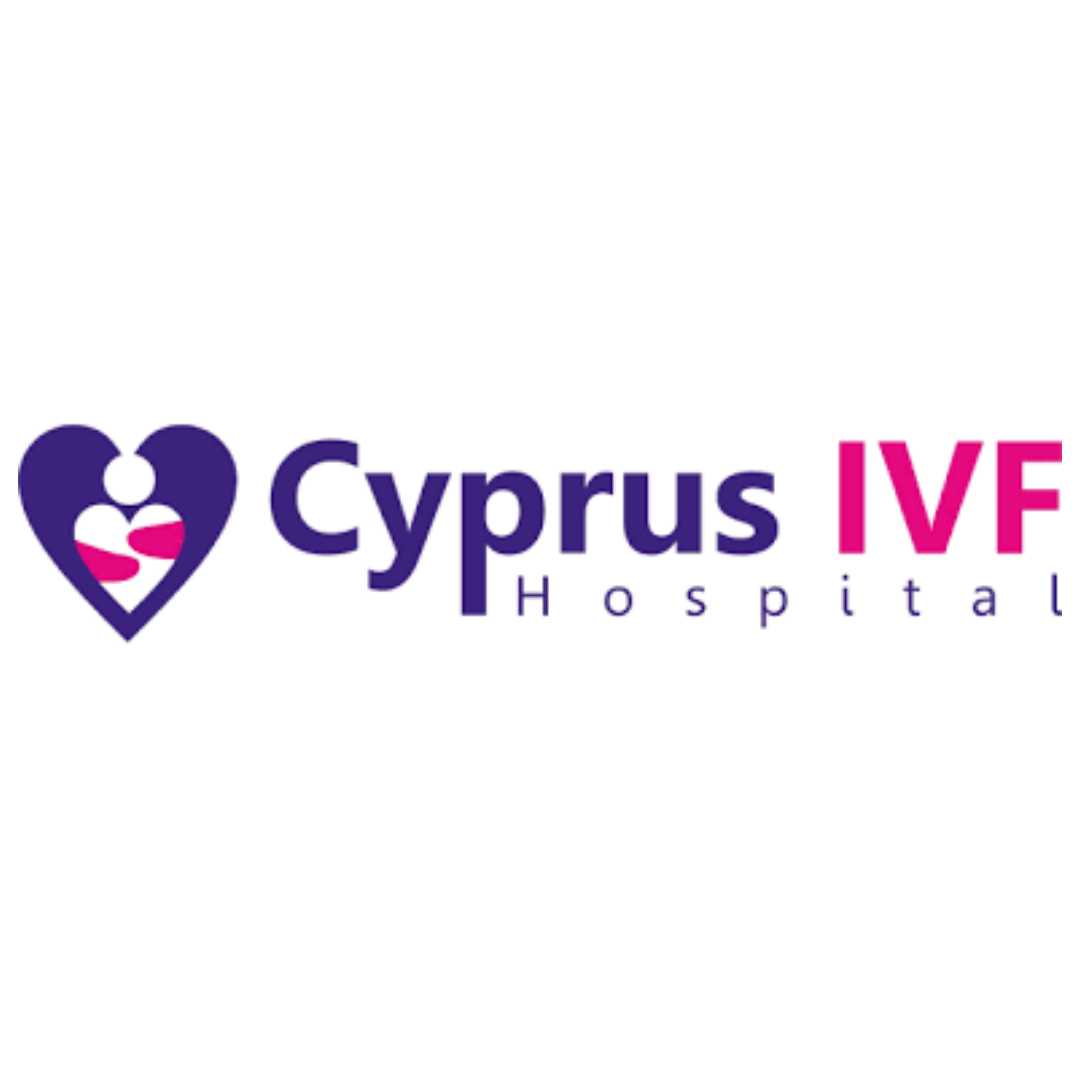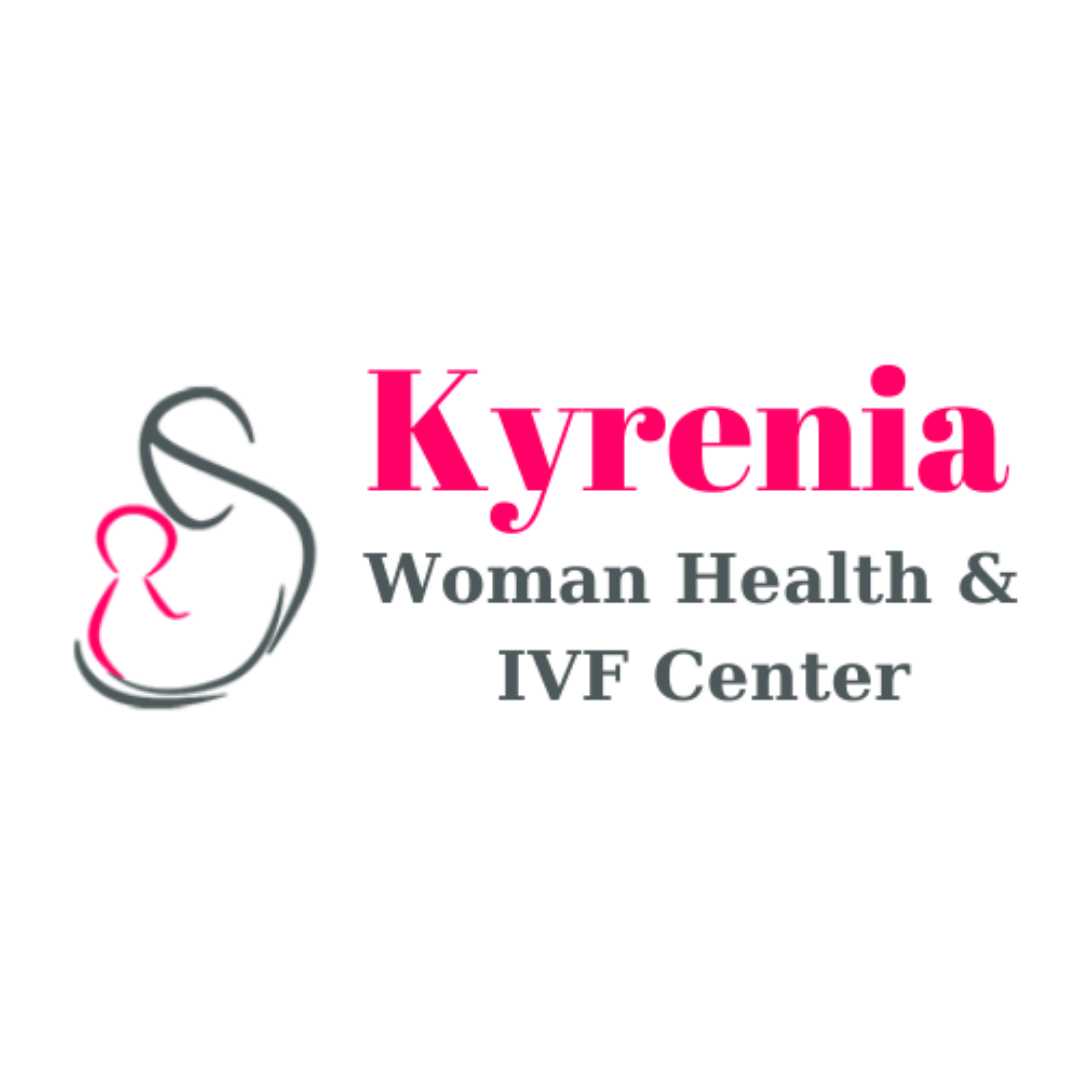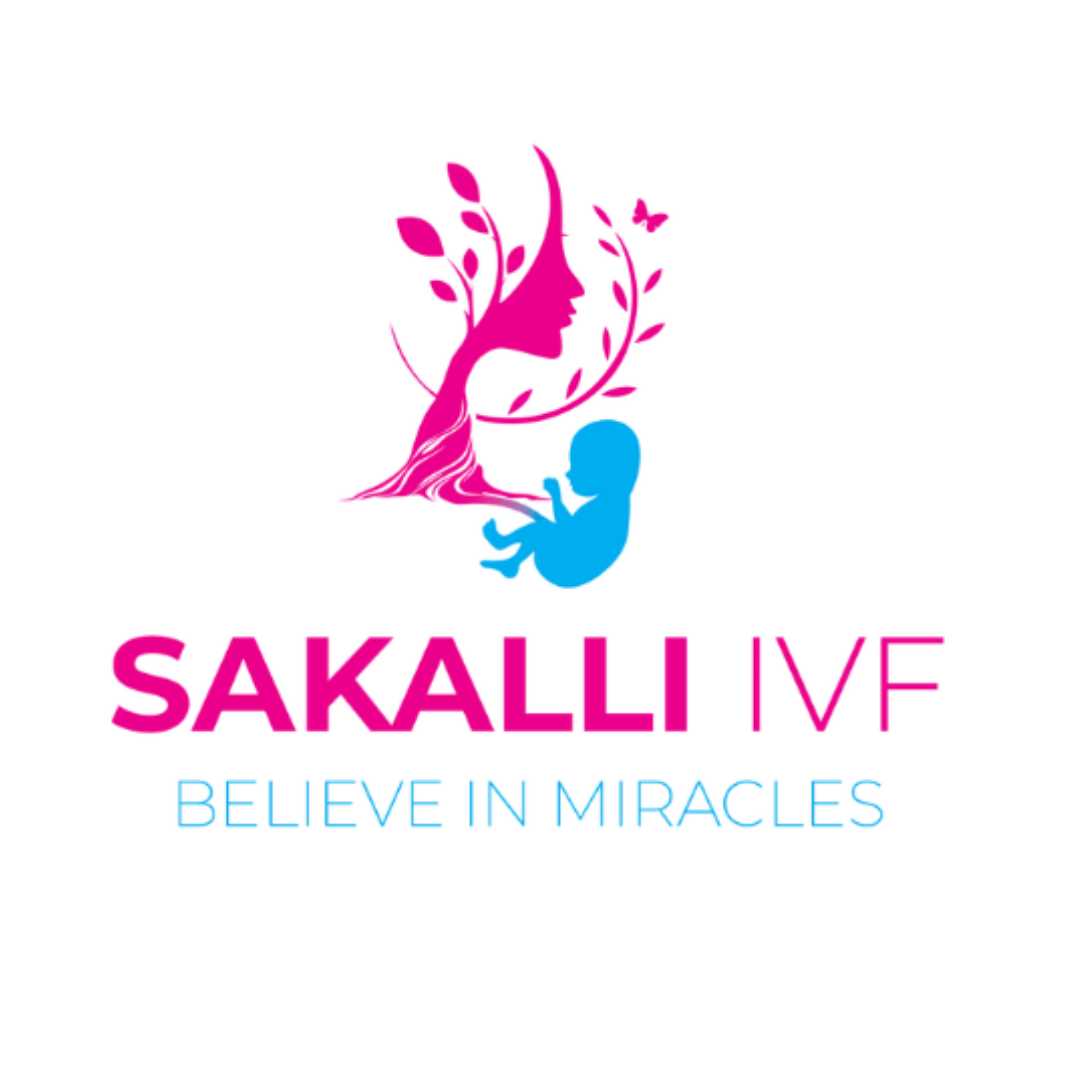The Complete Guide to Surrogacy in Cyprus

Considering surrogacy to grow your family is a significant decision, and for many, Cyprus has emerged as a potential destination. But is surrogacy legal in Cyprus? The short answer is that the legal landscape is complex and varies significantly between the Republic of Cyprus (South) and the Turkish Republic of Northern Cyprus (North). While altruistic surrogacy in Cyprus is legal in the South under specific regulations, the North operates in a largely unregulated environment, which has given rise to a booming, yet risky, "surrogacy tourism" industry.
This comprehensive guide will walk you through everything you need to know about surrogacy in Cyprus, from the legal frameworks in both regions to the costs, processes, and critical considerations for intended parents. We aim to provide clear, expert-driven information to help you navigate this intricate journey.
What is the legal status of surrogacy in the Republic of Cyprus (South)?
"In the Republic of Cyprus (South), altruistic surrogacy is legal and regulated by Law 69(I)/2015 on Medically Assisted Reproduction. This law permits gestational surrogacy for heterosexual couples and single women with a medical need, but strictly prohibits any form of commercial surrogacy."
The legal framework in the South of Cyprus is designed to prevent the exploitation of surrogates. The law explicitly states that the surrogate mother cannot receive any financial compensation beyond what is considered reasonable for pregnancy-related expenses. This includes medical costs, lost wages, and other necessary expenditures. Any agreement that involves payment beyond these expenses is considered illegal and unenforceable.
This legal clarity provides a degree of security for intended parents who meet the criteria. However, the process is stringent and requires court approval before the embryo transfer can take place. The intended parents must demonstrate a medical necessity for surrogacy, and both the intended parents and the surrogate must undergo psychological and medical evaluations.
Is surrogacy regulated in Northern Cyprus?
"Northern Cyprus does not have specific laws regulating surrogacy, creating a legally ambiguous and high-risk environment. This lack of regulation has made it a hub for commercial surrogacy, attracting many international intended parents, but it also means there are minimal legal protections for both the surrogate and the intended parents."
The absence of a clear legal framework in Northern Cyprus means that surrogacy arrangements operate in a grey area. While this may seem appealing to some due to fewer restrictions, it carries significant risks. Contracts between intended parents and surrogates may not be legally binding, and disputes can be incredibly challenging to resolve.
Recent court cases have highlighted the potential for exploitation and unethical practices in this unregulated market. Intended parents considering Northern Cyprus for surrogacy must exercise extreme caution and seek independent legal advice from experts familiar with the complexities of this region.
What is the difference between altruistic and commercial surrogacy in Cyprus?
"Altruistic surrogacy, which is legal in the Republic of Cyprus (South), involves the surrogate receiving no financial compensation beyond the reimbursement of reasonable expenses. Commercial surrogacy, which is illegal in the South but prevalent in the North, involves the surrogate being paid a fee for carrying the child."
The distinction between these two forms of surrogacy is crucial. Altruistic surrogacy is founded on the principle of one person helping another to have a child without the motive of financial gain. The law in the South of Cyprus upholds this by ensuring that surrogacy is not a commercial enterprise.
In contrast, commercial surrogacy treats the surrogate's womb as a service for hire. While this is a common practice in some parts of the world, its unregulated nature in Northern Cyprus raises ethical concerns and legal red flags.
Who is eligible for surrogacy in the Republic of Cyprus (South)?
"Eligibility for altruistic surrogacy in the Republic of Cyprus (South) is limited to heterosexual couples and single women who can provide medical evidence of their inability to carry a pregnancy. Both intended parents and the surrogate must meet specific age and health requirements."
The law in the South is specific about who can access surrogacy. The primary requirement is a proven medical need. This could be due to a variety of reasons, such as a hysterectomy, a uterine abnormality, or a medical condition that would make pregnancy life-threatening.
The intended mother must generally be of reproductive age, and both intended parents will undergo a thorough screening process. The surrogate must also be in good health, both physically and psychologically, and have had at least one child of her own.
What is the legal process for surrogacy in the Republic of Cyprus (South)?
"The legal process for surrogacy in the South of Cyprus involves obtaining a court order before the embryo transfer. This requires a formal application, medical and psychological evaluations of all parties, and a legal agreement outlining the terms of the altruistic arrangement."
The structured legal process in the South is designed to protect all parties involved. The first step is to find a suitable surrogate who meets the legal criteria. Once a surrogate is chosen, a comprehensive legal agreement is drafted by a lawyer.
This agreement, along with medical and psychological reports, is submitted to the court. The court will review the case to ensure that all legal requirements are met and that the arrangement is in the best interests of the child. Only after the court issues a surrogacy order can the IVF and embryo transfer procedures begin.
How is legal parentage established in Cyprus?
"In both North and South Cyprus, the woman who gives birth to the child is initially recognized as the legal mother. Intended parents in the South can obtain a pre-birth court order to establish their parentage, while in the North, the process is less clear and often requires adoption or other legal procedures after the birth."
This is one of the most critical legal aspects of surrogacy in Cyprus. The legal presumption that the birth mother is the legal mother can create complications for intended parents. In the South, the court order obtained before the birth helps to streamline the process of transferring legal parentage.
In the North, the situation is far more precarious. Intended parents may need to go through a lengthy and uncertain legal process to be recognized as the child's parents. This can be particularly complex for international parents, who will also need to navigate the laws of their home country.
What is the approximate cost of surrogacy in Cyprus?
"The cost of altruistic surrogacy in the Republic of Cyprus (South) typically ranges from €60,000 to €80,000, covering medical expenses, legal fees, and surrogate compensation for expenses. In Northern Cyprus, the costs for commercial surrogacy can be similar or slightly lower, but the lack of regulation means there can be hidden or unexpected costs."
While altruistic surrogacy is not for profit, there are still significant costs involved. These include:
- IVF and medical procedures: This is often the most substantial part of the cost.
- Surrogate's expenses: This includes medical bills, maternity clothes, travel, and any lost wages.
- Legal fees: It is essential to have experienced legal representation throughout the process.
- Agency fees: Many intended parents use an agency to help them find a surrogate and navigate the process.
In the North, while the initial quoted price may seem lower, the lack of transparency can lead to financial risks. It is crucial to have a clear and detailed breakdown of all costs before entering into any agreement.
Are there risks associated with surrogacy in Cyprus?
"Yes, there are significant risks, particularly in Northern Cyprus. These include legal uncertainties regarding parentage, the potential for financial exploitation, and the risk of working with unethical agencies or clinics. Even in the South, the legal process is complex and requires careful navigation."
The unregulated nature of surrogacy in Northern Cyprus presents the most substantial risks. There have been reports of scams, and intended parents have found themselves in difficult legal situations. The lack of oversight means that the standards of medical care and the ethical treatment of surrogates can vary widely.
In the South, while the legal framework provides more protection, the process is still demanding. It is vital to work with reputable professionals and to be fully aware of all the legal requirements and potential challenges.
Can same-sex couples pursue surrogacy in Cyprus?
"The law in the Republic of Cyprus (South) does not currently permit surrogacy for same-sex couples. In Northern Cyprus, while there are no specific laws prohibiting it, the legal ambiguity and risks are significant for all intended parents, including same-sex couples."
This is a key legal distinction between the two regions. The law in the South is explicit in its definition of eligible intended parents, which does not include same-sex couples.
While some agencies in the North may market surrogacy to same-sex couples, the lack of legal recognition for same-sex relationships in that region can create even greater complications when it comes to establishing parentage.
What should international intended parents consider before pursuing surrogacy in Cyprus?
"International intended parents must consider both the laws of Cyprus and their home country. They need to ensure that they will be able to establish legal parentage and bring their child home. This often requires seeking legal advice in both jurisdictions."
The legal complexities of international surrogacy cannot be overstated. Intended parents must be aware of the laws regarding surrogacy and citizenship in their country of residence. Some countries may not recognize surrogacy agreements from other nations, which can lead to difficulties in obtaining a passport for the child and being recognized as their legal parents.
It is essential to work with lawyers who have experience in international family law and can provide guidance on the specific requirements of your home country.
How can I find a reputable surrogacy agency or clinic in Cyprus?
"Finding a reputable agency or clinic requires thorough research and due diligence. Look for agencies with a long track record, transparent pricing, and positive reviews from previous clients. It is also advisable to seek recommendations from legal professionals or support groups."
Do not rush this crucial step. Take your time to research different options and ask detailed questions. A reputable agency will be open and honest about their process, costs, and the legal framework they operate within.
Be wary of any agency that makes promises that seem too good to be true or that pressures you into making a quick decision. Your priority should be to find a partner who will guide you through this journey with expertise, ethics, and care.
For those exploring their options for growing their family, PlacidWay offers a gateway to a network of trusted healthcare providers and fertility clinics worldwide. Discover your possibilities and find the support you need on your path to parenthood. Explore PlacidWay's solutions for medical tourism and healthcare services today.


.png)




.png)
.png)

.png)






Share this listing